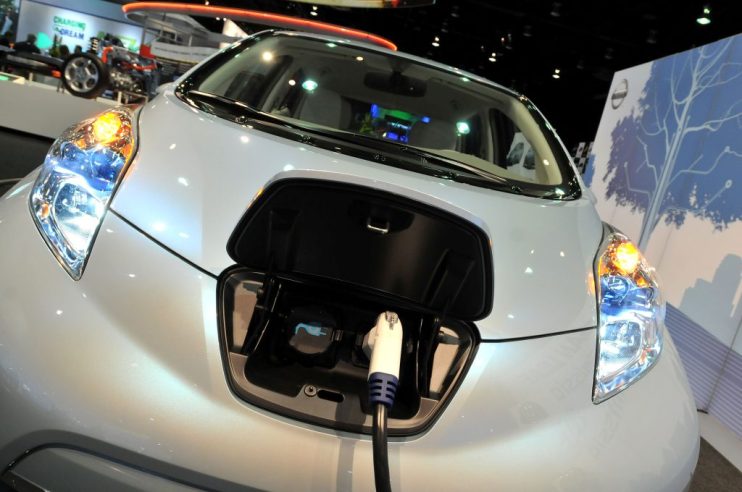Nissan ‘concerned’ about Government’s introduction of EV road tax

EV powerhouse Nissan is “concerned” about the government’s decision to introduce a vehicle excise duty for electric car owners from 2025.
“While we are pleased to see a growing EV market in the UK, we’re concerned about the effect that withdrawing this customer incentive could have on the electric car market, just as it is accelerating,” a company spokesperson told City A.M.
Chancellor Jeremy Hunt announced this morning that EVs will no longer be exempt from paying the tax as part of today’s Autumn Budget, which seeks to fill a £55bn gap in the state’s finances.
Until today’s announcement, the vehicle excise duty (VED) was paid by all fuel and diesel vehicle that used the UK’s public road network.
Hunt told Parliament the rate increase for EVs will be capped at one percentage point for the first three years from 2025.
Nissan’s remarks were echoed by Mike Hawes, chief executive of the Society of Motor Manufacturers and Traders (SMMT), who said the new measure will “threaten both the new and second-hand EV markets.”
“With a zero emission vehicle mandate for car and van manufacturers, we need a framework that encourages consumers and businesses to buy electric vehicles,” Hawes commented.
Recent data from Volkswagen Financial Services UK showed that Britain is currently ahead of the rate at which EV adoption must increase for the UK to meet its environmental targets.
In the second quarter of 2022, there were 901,816 ultra-low emission vehicles on UK roads – up by almost 77,000 units on the previous one.
According to the RAC’s head of road policy Nicholas Lyes, the government should introduce a first year-zero VED rate to keep consumers enticed.
“But we don’t expect this tax change to have much of an effect on dampening the demand for electric vehicles given the many other cost benefits of running one,” Lyes said.
Nevertheless, potential customers could be refrained from making the switch, as the cost-of-living crisis is already biting into Britons’ pockets, forcing people to keep their cars for longer.
Peter Shervington, legal director at law firm Eversheds Sutherland, said: “For individual purchasers the high upfront cost of EVs means there is a fine balance of cost and benefit – the introduction of tax may tip the balance for some.”